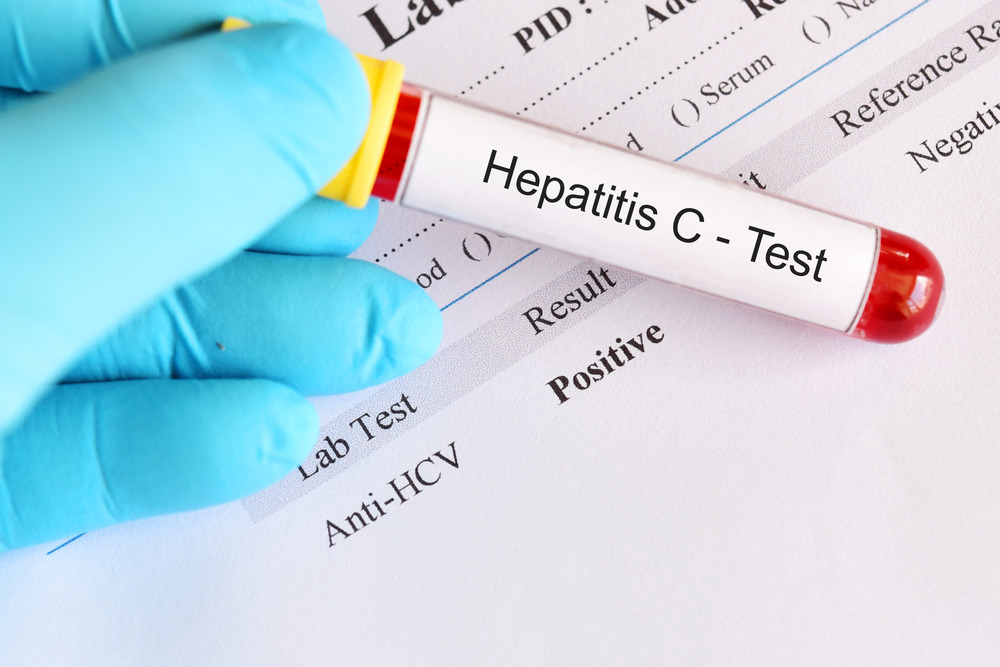
Syphilis spreads through sexual contact and can pass from mother to baby during pregnancy, creating serious health risks for both. The World Health Organization reports that nearly six million pregnant people contract this bacterial infection annually, with about half of untreated cases leading to complications.
Unlike many conditions that become harder to treat during pregnancy, syphilis responds well to antibiotics when caught early. Approaching syphilis and pregnancy the right way requires prompt medical attention to prevent avoidable outcomes. This guide covers how syphilis affects pregnant people and babies, what treatment options work best during pregnancy, and testing options to protect both.
Syphilis and Pregnancy
Pregnant people with syphilis have a high likelihood of transmitting the STI to their unborn children. During pregnancy, syphilis moves from the person’s bloodstream through the placenta to reach the developing fetus. The risk of transmission varies depending on how long ago the individual contracted the infection, with recent infections being riskier than those acquired more than a year before pregnancy.
In addition, babies can contract syphilis during birth if they come into direct contact with infectious sores on the mother’s body, although this route of transmission is less common. The chances of passing syphilis to the child remain high in pregnancy, making early treatment and diagnosis essential to prevent complications.
Can Syphilis Affect Pregnancy?
Syphilis poses serious dangers throughout pregnancy. If you’re dealing with both syphilis and pregnancy, understanding these health risks helps you get the right medical care quickly.
On Mother
People with syphilis during pregnancy have a higher chance of losing their baby through miscarriage, especially before 20 weeks. The infection also increases the risk of going into labor too early, causing preterm delivery before the baby reaches 37 weeks. Beyond these pregnancy complications, pregnant individuals may develop complications with their placenta growing too large or the umbilical cord becoming swollen.
On Baby
Babies born to people with untreated syphilis often develop congenital syphilis, which causes their liver and spleen to become enlarged while affecting their bones, teeth, and eyes. These infants frequently have low birth weight, grow poorly in the womb, or may be stillborn. After delivery, newborns commonly show signs like yellow skin from jaundice, swollen joints, skin rashes, low blood counts, a constant runny nose, and trouble breastfeeding properly. Without immediate treatment, they face serious long-term problems, including seizures, hearing damage, vision loss, learning difficulties, brain inflammation, or even death within their first month of life.
Symptoms of Syphilis in Pregnancy
It’s important to recognize symptoms of syphilis in pregnancy to avoid serious complications. Pregnant people need to watch out for warning signs since treating syphilis before 26 weeks can protect the unborn baby. The following are the stages of syphilis.
- Primary stage: The initial sign of syphilis in pregnancy is a small, hard sore called a chancre at the initial site of the infection, usually in the genital area. The sore isn’t painful and will disappear after about six weeks, even without treatment.
- Secondary stage: In this stage, a distinctive rash spreads on the palms of the hands and soles of the feet, making it easy to identify. Fever, swollen glands, and sore throat often accompany the rash. Many patients also experience hair loss in patches and extreme fatigue during this time.
- Latent stage: During the latent stage, all symptoms disappear completely, and it appears as if the infection has cleared. However, the bacteria remain in the body for years without causing any apparent problems.
- Late stage: The late stage causes serious health problems that impact the heart, the brain, and other major organs if treatment is not received. Vision can become damaged or lost entirely, while problems with thinking and memory can also develop. Even walking, coordination, and muscle control become difficult as the infection damages the nervous system.
Testing for Syphilis During Pregnancy
Syphilis testing during pregnancy helps doctors identify infections that could harm both the pregnant person and their baby. Healthcare providers use blood tests to check for this frequently asymptomatic infection. Understanding the screening process helps expecting patients know what to expect during their prenatal appointments.
Why Is Testing Important?
Syphilis testing during pregnancy offers significant benefits while requiring minimal resources from families and doctors. Most pregnant people with this infection never develop obvious symptoms, so they have no idea they need medical treatment. Regular screening catches these undiagnosed infections before they can damage the growing fetus or cause pregnancy complications. The cost of screening proves small compared to the expensive treatments needed when syphilis causes serious pregnancy issues or congenital disabilities.
When Is Testing Recommended?
All pregnant people should receive syphilis testing during their first prenatal visit, regardless of their age, health history, or perceived risk level. Healthcare providers recommend additional screening during the third trimester, usually around 28 weeks of pregnancy, for those living in areas where syphilis rates remain high. Testing at delivery also becomes essential for those who enter prenatal care late or miss earlier screening appointments.
Individuals with certain risk factors need more frequent monitoring throughout their pregnancy, including those with multiple sexual partners, substance use issues, unstable housing, or partners with a history of incarceration. Many states now legally require this testing because early treatment during pregnancy works better than trying to address complications after they develop.
Testing Process
Syphilis testing starts with drawing blood during regular prenatal appointments, and takes just minutes to complete. Laboratory workers then check the blood for signs that the body has been fighting syphilis. These initial tests look for specific antibodies, and positive results require more detailed testing that helps doctors better understand the infection.
Healthcare providers also use ultrasound scans to monitor how the fetus develops, though they don’t always show problems caused by syphilis. If blood tests confirm syphilis, doctors examine newborns thoroughly after birth and may run additional tests of blood or spinal fluid, or take X-rays to check the baby’s health.
Treatment for Syphilis in Pregnancy
Penicillin is the preferred antibiotic for treating syphilis during pregnancy because it works effectively for both the person who is pregnant and their unborn baby. Doctors adjust the dose and the treatment duration based on which stage of syphilis the patient has when diagnosed. Beginning treatment early provides the best chance of preventing the infection from passing to the baby, which occurs in approximately 80% of untreated cases.
If the pregnant individual has a penicillin allergy, they must undergo a careful desensitization process to help their body tolerate the medication, since other antibiotics, such as cephalosporin or amoxicillin, are not as reliable for protecting the fetus. Additionally, any sexual partners need immediate treatment to prevent passing the infection back to the patient during their pregnancy.
Summary
Syphilis and pregnancy can lead to miscarriage, stillbirth, and severe congenital disabilities, but proper treatment can prevent these outcomes. Testing is the only reliable way to determine if you have the infection, since most pregnant individuals show no apparent symptoms.
If you’re pregnant and concerned about syphilis exposure, Equality Health provides complete STD screening and treatment services in a private, judgment-free setting. Our medical professionals guide you through the process and provide immediate treatment if needed, protecting both you and your developing baby. Contact us today!
Frequently Asked Questions (FAQs)
Yes, syphilis during pregnancy can cause serious health problems for your baby through a condition called congenital syphilis. Your baby may be born with a brain infection, hearing or vision problems, skin rashes, liver issues, blood disorders, or bone abnormalities that can affect their development and well-being throughout life.
A false-positive syphilis test during pregnancy means your blood test shows you have syphilis, but you don’t in fact have the infection. The initial tests sometimes mistake other substances in your blood for syphilis antibodies, which leads to incorrect results. Your doctor needs to conduct more specific tests to find out if you have syphilis or if the first test result was incorrect.
Syphilis is very risky during pregnancy and can lead to tragic outcomes if not treated. The infection can cause miscarriage, stillbirth, or premature birth, putting both you and your baby in great danger. When syphilis passes to your baby, it creates lifelong health complications that may affect their brain, bones, eyes, and overall development.
Several medical conditions and factors can trigger false-positive syphilis test results during pregnancy. Autoimmune diseases such as lupus, recent vaccinations, pregnancy-related body changes, certain infections, or older age can all affect the test results.




